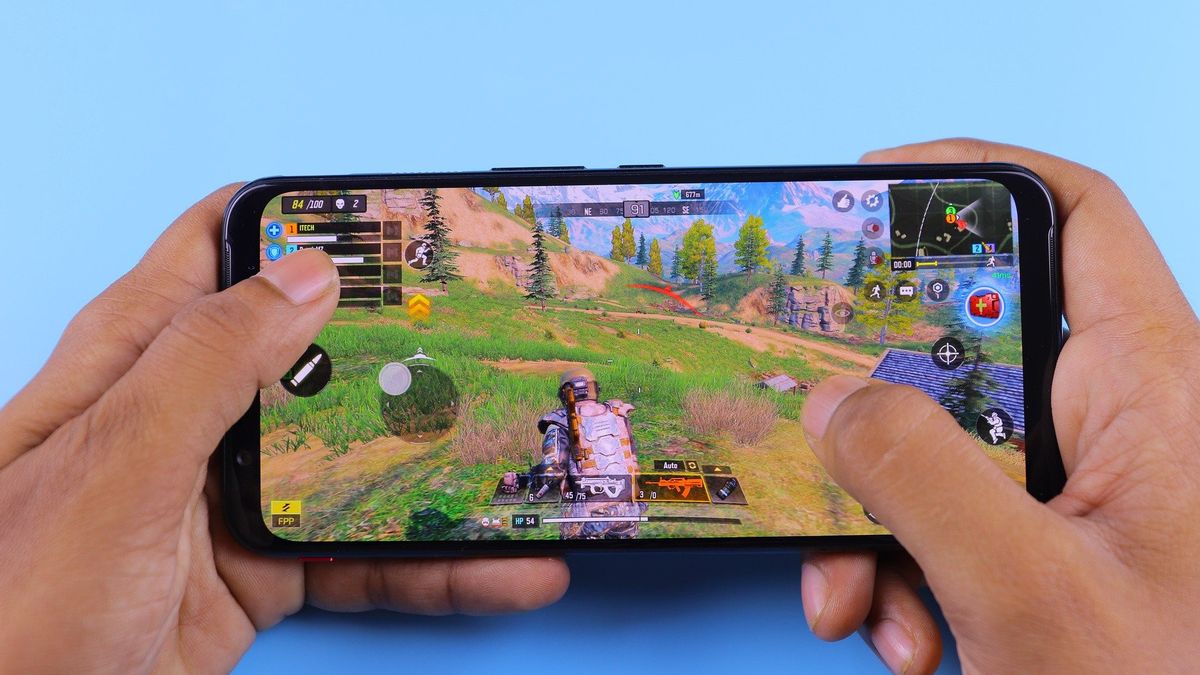In recent years, online gaming has evolved from a niche hobby into a global phenomenon, captivating millions of players across diverse demographics FANZA ゲーム. From simple browser games to complex, immersive experiences, online games have transformed how we connect, compete, and create.
A Brief History
The roots of online gaming can be traced back to the early days of the internet in the 1970s and 1980s. Text-based games like “MUD” (Multi-User Dungeon) allowed players to interact in virtual worlds, paving the way for more sophisticated online experiences. The advent of graphical interfaces and faster internet connections in the 1990s marked a turning point, leading to the emergence of massively multiplayer online games (MMOs) such as “EverQuest” and “World of Warcraft.” These games not only offered rich narratives and expansive worlds but also fostered communities where players could collaborate and compete.
Types of Online Games
- Massively Multiplayer Online Games (MMOs): These games host thousands of players in a single world. Players can take on quests, engage in player-versus-environment (PvE) or player-versus-player (PvP) combat, and participate in guilds or clans.
- Battle Royale Games: Titles like “Fortnite” and “PUBG” have popularized the battle royale genre, where players compete against each other until only one remains. These games emphasize strategy, quick reflexes, and survival skills.
- Casual Games: Simple and accessible, games like “Candy Crush” and “Among Us” have attracted a broad audience, including those who may not consider themselves gamers. These games often emphasize social interaction and can be played in short sessions.
- eSports: Competitive gaming has become a spectator sport, with tournaments for games like “League of Legends” and “Dota 2” drawing millions of viewers. eSports has given rise to professional players, teams, and lucrative sponsorships.
Social Connectivity
One of the most significant impacts of online gaming is its ability to connect people. Players from around the world can team up, communicate, and form friendships, transcending geographical and cultural boundaries. Many games incorporate voice and text chat, allowing for real-time interaction. This sense of community can provide a support network, especially for those who may feel isolated in their daily lives.
Psychological Effects
Online gaming can have both positive and negative psychological effects. On one hand, it can enhance cognitive skills, such as problem-solving and strategic thinking. Players often face challenges that require teamwork and communication, fostering collaboration and social skills.
On the other hand, excessive gaming can lead to addiction and social withdrawal. The World Health Organization has even recognized “gaming disorder” as a mental health condition. Balancing gaming with other life activities is essential for maintaining overall well-being.
The Future of Online Gaming
As technology continues to advance, the future of online gaming looks promising. Virtual reality (VR) and augmented reality (AR) are poised to create even more immersive experiences. Cloud gaming is also gaining traction, allowing players to stream games without the need for powerful hardware.
Moreover, the integration of blockchain technology and non-fungible tokens (NFTs) in gaming could revolutionize ownership and trading of in-game assets, offering players new ways to engage with their favorite titles.
